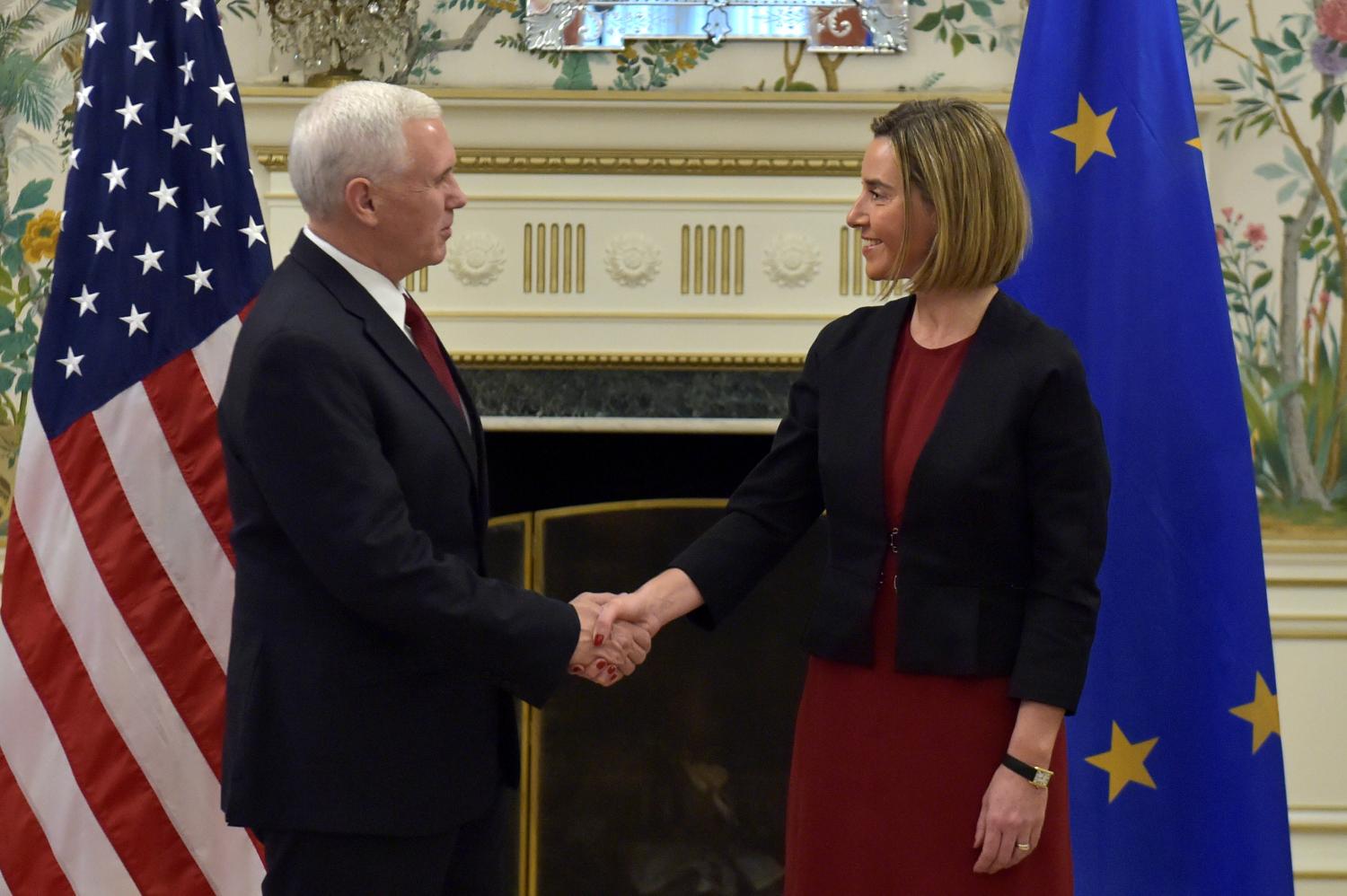I was in Krakow, Poland last week where Secretary of State Hillary Clinton and over 70 other democratic governments, along with over 200 civil society activists and parliamentarians from around the world, gathered to commemorate the ten-year anniversary of the founding of the Community of Democracies. The meeting was a brave effort by Poland, the host of the inaugural forum in Warsaw, and its neighbor Lithuania to revitalize a stagnant process to find ways democracies can collaborate on sustaining and strengthening the democratic wave of the late 20th century.
On balance, I would say it largely succeeded in generating some momentum toward recovering from the democratic recession. But only time will tell whether a core group of important democracies will emerge to give the Community real legs.
One notable breakthrough of the event was the vocabulary the Obama Administration is now using to explain how it sees democracy promotion, a notion largely absent from the Administration’s statements during its first year in office. Secretary Clinton delivered extensive remarks on the critical role civil society plays in driving political change in democratic societies and announced a new $2 million fund to lend support to nongovernmental groups under attack, a growing phenomenon from Russia to Venezuela to Egypt. In keeping with the Administration’s policy of engaging rather than dismissing the UN Human Rights Council, Clinton voiced support for appointing a special UN expert on freedom of association, a mechanism that would lend an important voice on the UN stage to human rights defenders facing pressure at home. And she met privately with a dozen embattled democracy activists to signal the Administration’s support for their work, a practice she continued on her trip to Georgia, Armenia and Azerbaijan.
As I sat listening to her remarks in the ornate Theater Slowacki in beautiful old town Krakow, I wondered how different her speech was from the kind of remarks Condeleeza Rice would have given just a few years ago. Not much. Which says something about this country’s enduring bipartisan commitment to defense of freedom and human rights. Indeed, the House of Representatives recently passed a resolution commending the Community of Democracies for its early achievements, including creation of the institutional machinery needed not only to issue timely statements defending democracy but also to coordinate policy actions.
But then I read President Obama’s statement on the Krakow conference. This forum, he said, “challenges us to act collectively, as a community of democratic nations, to support countries undergoing democratic transitions and to push back against threats to democratic progress. I welcome this celebration of the Community’s first ten years and believe that its role in fostering strong and effective cooperation among the world’s democracies is essential for confronting the challenges ahead. Working together in partnership, we can advance the dignity of all human beings and the rights that are universal.” This full-throated endorsement of the Community of Democracies, beyond anything we heard from the Bush Administration, reflects three strands of the Obama trademark of principled pragmatism. First, it embraces the leitmotif of “universal values” as the unity of our founding principles with the international community’s own standards as reflected in the Universal Declaration of Human Rights and related treaties. Second, it voices support for multilateral methods of collective defense of such values. And third, it closes ranks against the early but ongoing partisan attacks that this White House does not care enough about democracy’s champions around the world.
Now that the Administration’s policy framework is reset in a way that will appeal to multiple domestic and foreign audiences concerned with the democracy and human rights agenda, the real test begins. Can the United States persuade the old and new democracies of the world to invest in the Community of Democracies as a viable platform for international cooperation to support democratic reform? For too long, big democracies like Germany, France, the United Kingdom and Japan as well as emerging democratic powers like Brazil, South Africa, India, Turkey and Indonesia have kept themselves at arms length from the initiative, fearing U.S. manipulation and worried it could undermine the United Nations. Many of these states also are not prepared to privilege democracy promotion over what they see as the protection of more important national interests. But as the United States rebuilds trust in its leadership by reengaging in multilateral institutions and respecting international law, it may be able to bring some of the skeptics around.
This, perhaps, may be the grand bargain needed to move the global order to a new stage of development: in exchange for a United States more respectful of the “decent opinions of mankind” and international norms, its partners will move toward acceptance of democratic governance and respect for human rights as the only legitimate form of sovereignty. Then, maybe, the D word will emerge as the language of the 21st century.
The Brookings Institution is committed to quality, independence, and impact.
We are supported by a diverse array of funders. In line with our values and policies, each Brookings publication represents the sole views of its author(s).




Commentary
Op-edIs the “D” Word Back in Style?
July 9, 2010